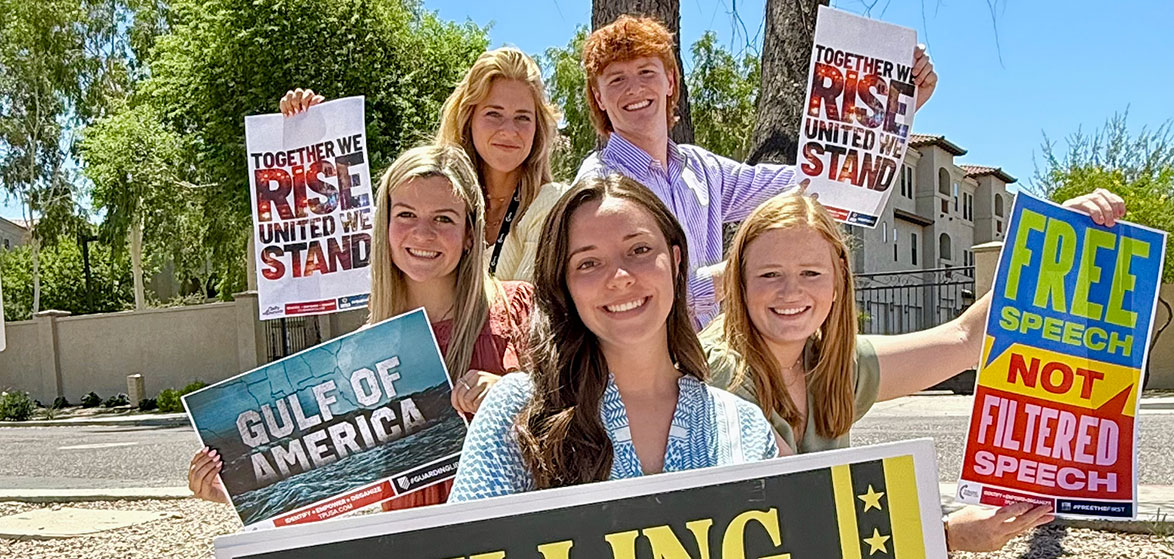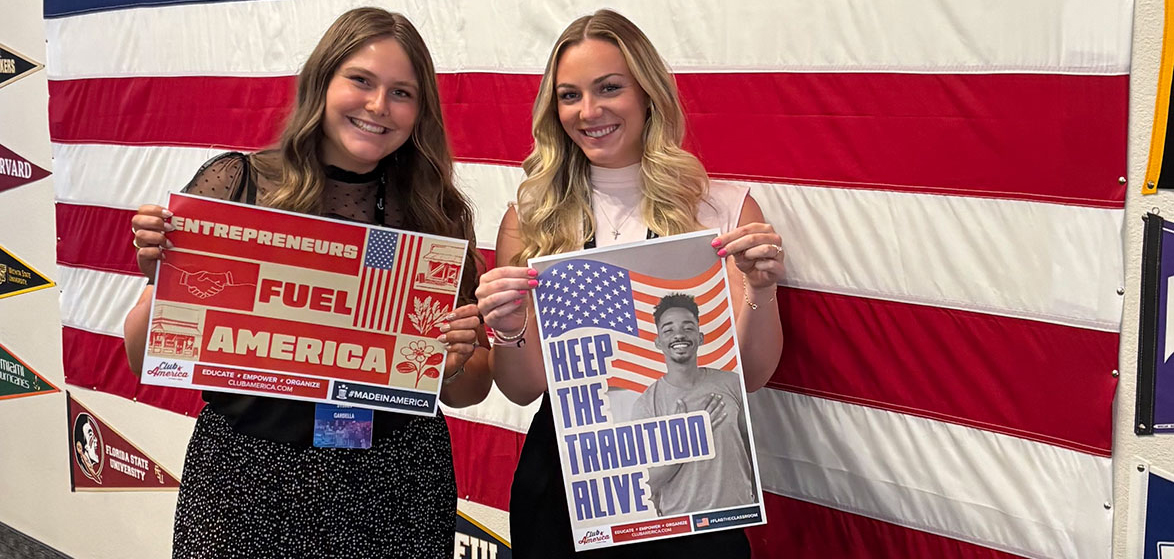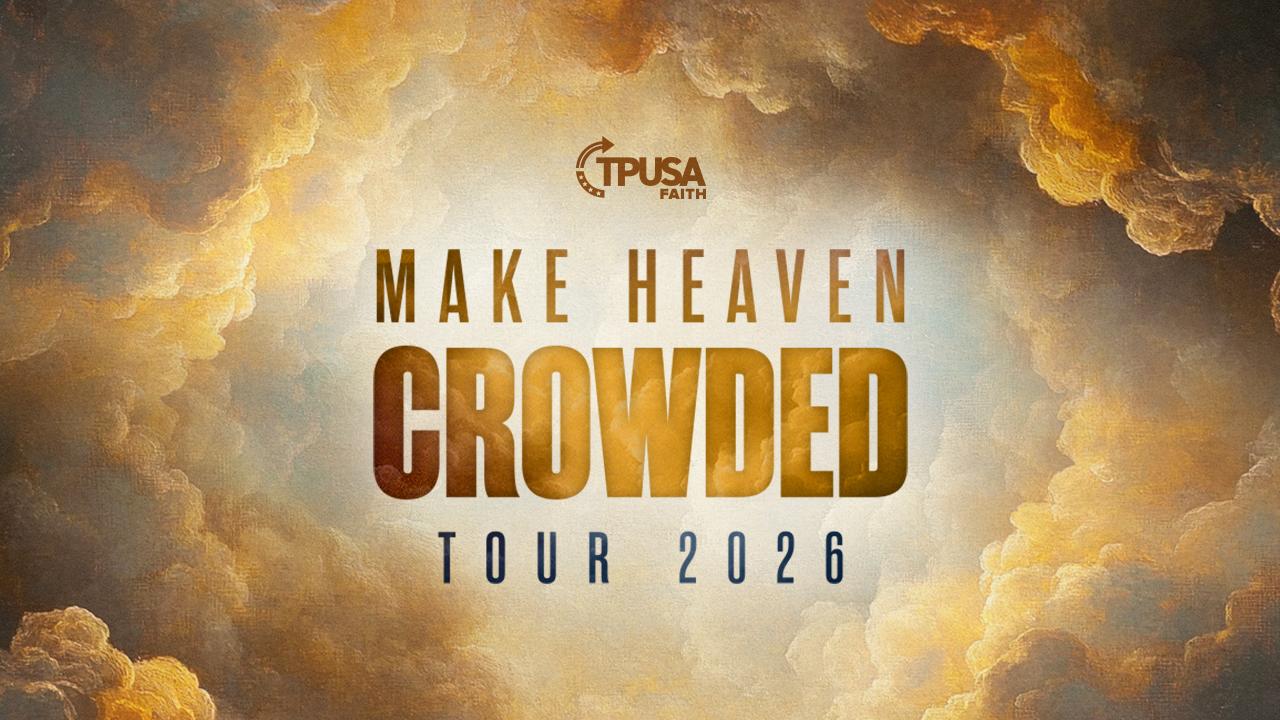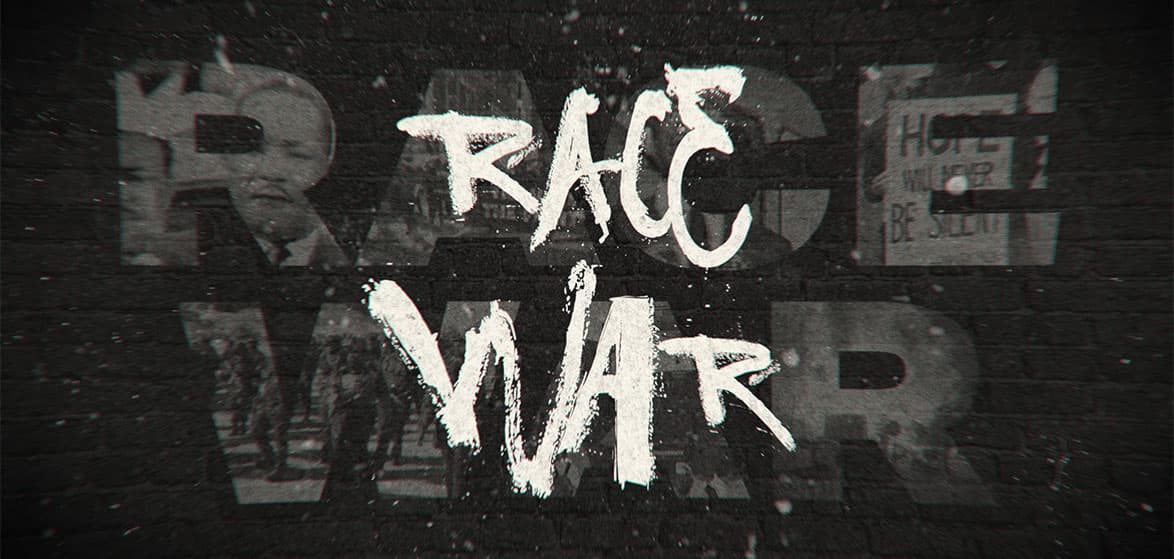The Supreme Court has handed down a groundbreaking ruling for the second day in a row, determining this morning that President Biden lacks the authority to implement his student loan forgiveness plan.
Last year, the Biden administration announced an unprecedented student loan relief plan that promised to cancel $10,000 of student debt for low-to-middle-income borrowers and up to $20,000 for Pell Grant recipients. Experts estimated that this plan could cost over $300 billion dollars, and many questioned whether or not the president had the legal authority to implement this plan.
The White House has argued that the legal authority to pass their student loan forgiveness plan comes from the Higher Education Relief Opportunities for Students Act of 2003 (HEROES Act). The HEROES Act states that the Secretary of Education may waive or modify student financial assistance programs when deemed necessary in times of national emergency.
When the COVID-19 pandemic impacted our nation, both the Trump and the Biden administrations used the HEROES Act to temporarily suspend student loan repayments. Now, The Department of Education argues that the HEROES Act also gives them the authority to cancel debt for certain borrowers.
In a 6-3 ruling, the Supreme Court has determined that the HEROES Act does not give the Secretary of Education authority to cancel student loan debt principal. The court explains that while the Secretary has the authority to waive or modify provisions of the student financial assistance programs, it does not authorize “basic and fundamental changes in the scheme.”
“The Secretary asserts that the HEROES Act grants him the authority to cancel $430 billion of student loan principal. It does not. We hold today that the Act allows the Secretary to ‘waive or modify’ existing statutory or regulatory provisions applicable to financial assistance programs under the Education Act, not to rewrite that statute from the ground up.“
Biden v. Nebraska, majority opinion written by Chief Justice John Roberts
Among those that dissented were Justices Kagan, Sotomayor, and Jackson. In the dissent, Justice Kagan accused the Court of making political decisions. “The Court acts as though it is an arbiter of political and policy disputes, rather than of cases and controversies.” However, the Court addressed this allegation:
“It has become a disturbing feature of some recent opinions to criticize the decisions with which they disagree as going beyond the proper role of the judiciary,” Chief Justice Roberts Wrote. “We do not mistake this plainly heartfelt disagreement for disparagement. It is important that the public not be misled either. Any such misperception would be harmful to this institution and our country.”
The Supreme Court clarified that the question at hand is not whether or not something should be done to address student loans, but who has the authority to do it. A policy similar to the White House’s student loan relief program would likely need to be implemented by the legislative branch, not the executive. In the majority opinion, Chief Justice Roberts quoted former Speaker of the House Nancy Pelosi making this exact point:
“People think that the President of the United States has the power for debt forgiveness. He does not. He can postpone. He can delay. But he does not have that power. That has to be an act of Congress.”
Former Speaker of the House Nancy Pelosi















